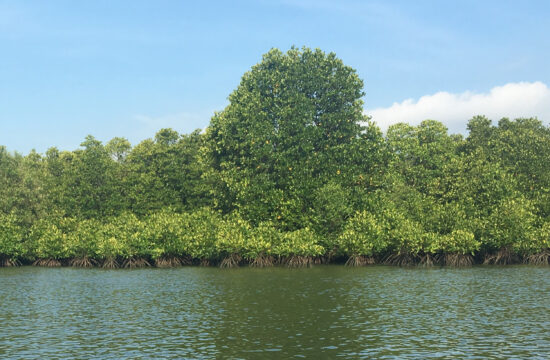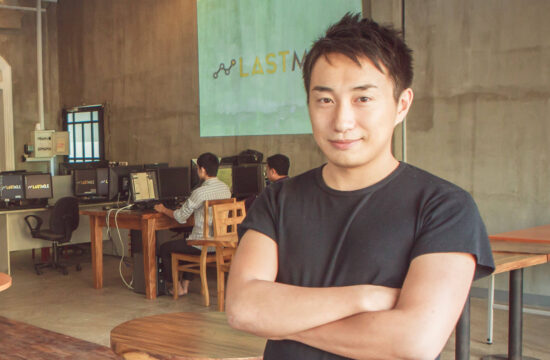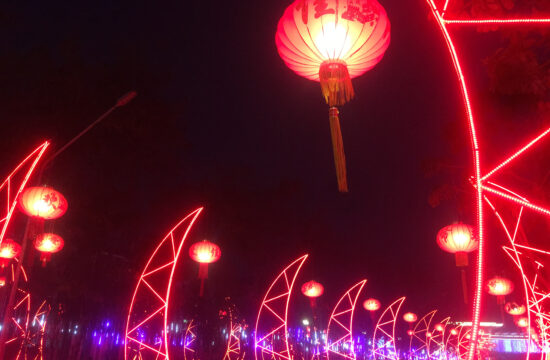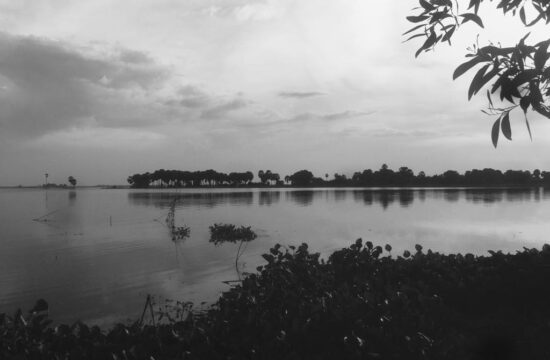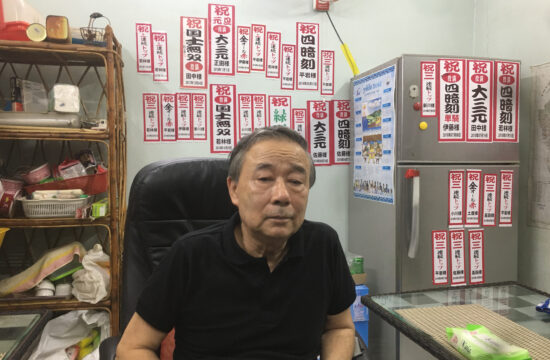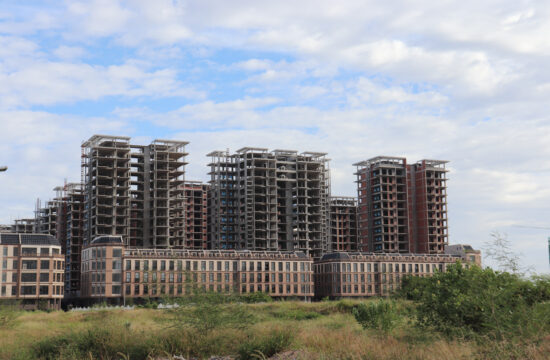In this text, I have often mentioned the differences between Cambodia and Japan. Especially recently, I feel I’m struggling over conflicts with staff or people whom I meet in day-to-day work. Cambodia is said to be abstractly comparable to Showa of 40 or 50 years ago, but 20 years later, it has the highest rate of economic growth among the ASEAN countries. Companies and investors have been pouring in, but it has come a very different way to the high growth period of Japan.
Japan had bounced back from the misfortunes of the Great War. By hosting the Olympic games, national land and infrastructure development had advanced rapidly. The industry started producing more sophisticated and precise products through the imitation of other countries, which later evolved to be recognized throughout the world. As there is a phrase “Japan’s total middle-class family”, it grew without leaving a gap between the rich and the poor. Although the influence of timing was significant, the ambition that tomorrow must be more convenient than today was strong.
Then let’s look at Cambodia. In the era of hardship, about 2 million people out of the 8 million population of this country at that time were slaughtered, including more than 60% of the intellectuals. For those people of that era who survived, it is a well-known fact that they bounced back by extraordinary effort in the tragic painful times. However, they had no time to attend to intangible aspects, such as education or culture, and at present, they sense different degrees of enthusiasm in various settings. In the city we can see remarkable growth, condominiums have been built one after another, and luxury cars are mushrooming. But traffic rules are not followed, materials are spilling onto the street at construction sites, and even where there is a traffic jam they are blocking the street while working anyway. Even though the country has high potential, the people bar themselves from further development. While puzzled by the situation that exists here and there, I just get impatient when I see they simply accept that.
Another difference, unlike Japan which evolved step by step from the era that was lost halfway, here there is the idea of “using it because we have it”. Taking a mobile phone as an example, there was a process that enhances the function and downsized little by little from the early heavy type. On the other hand, Cambodian people suddenly began to use small mobile phones, so they take for granted such convenience and multi-functionality, even with a high price. However, as Cambodia once used to be an advanced civilization in the past and had built Angkor Wat, the potential of this country should be higher. I believe that they can develop more strongly if they learn from the past along with their ability to master the current advanced technology.



